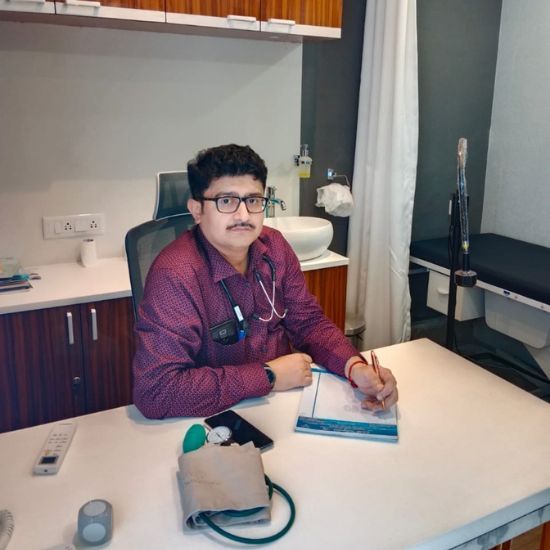Urology Treatment Clinic in Kolkata
Urology
Urology is a medical specialty focused on diagnosing and treating urinary health issues in both men and women, as well as conditions affecting the male reproductive system. These problems can range from urinary tract infections and incontinence to more complex issues like kidney stones, prostate disorders, or male infertility.
Urological conditions often become more common with age and can significantly impact a person’s quality of life. If left untreated, they may lead to ongoing discomfort, complications, and more serious health concerns.
Timely consultation with a qualified urologist is essential for accurate diagnosis and effective treatment. Receiving expert urology treatment in Kolkata can help manage symptoms, improve well-being, and prevent future health risks.

What Are The Common Symptoms Of Urology Problems?
Common Symptoms of Urological Problems
Urological conditions can present with a wide range of symptoms depending on the specific issue affecting the urinary system or male reproductive organs. Some of the most common signs include frequent urination, especially during the night, a burning or painful sensation while urinating, and the presence of blood in the urine. Individuals may also experience difficulty in starting or maintaining a steady urine flow, or suffer from incontinence, which is the involuntary leakage of urine. Pain or discomfort in the lower abdomen, back, or pelvic region can also be a sign of a urological issue. In men, symptoms might include swelling or tenderness in the testicles and problems related to sexual function. Recognizing these symptoms early and seeking medical advice is essential for accurate diagnosis and effective treatment.

Frequently Asked Questions
Urology is a specialized branch of medicine that focuses on the diagnosis and treatment of conditions related to the urinary tract in both men and women, as well as the male reproductive system. Urologists manage a wide range of issues, including kidney stones, urinary infections, bladder problems, incontinence, and male infertility. They are also trained in surgical procedures involving the kidneys, bladder, prostate, and other parts of the urinary tract.
You should consider consulting a urologist if you’re experiencing symptoms such as frequent or painful urination, blood in urine, urinary incontinence, or lower abdominal pain. Men may also visit a urologist for issues like erectile dysfunction, prostate enlargement, or low testosterone. Early consultation can help diagnose conditions at an early stage, improving the chances of successful treatment.
Yes, urologists are trained surgeons capable of performing various procedures, ranging from minimally invasive endoscopic surgeries to complex open surgeries. Common surgical procedures include kidney stone removal, prostate surgery, bladder tumor resection, and treatment for congenital urinary tract abnormalities. Urologists often use advanced technology, such as laparoscopy or robotic-assisted surgery, to ensure precision and faster recovery.
Urologists treat a variety of conditions in women, including urinary tract infections (UTIs), interstitial cystitis (painful bladder syndrome), bladder control problems, and pelvic organ prolapse. They also manage urinary incontinence, which can significantly affect quality of life. Women experiencing persistent bladder issues or discomfort in the pelvic area should consider a urological evaluation.
No, urology is for patients of all ages, including children. Pediatric urologists treat conditions such as undescended testicles, urinary tract infections, bedwetting, and congenital abnormalities of the kidneys or bladder. Early detection and treatment are crucial to preventing complications in the child’s growth and development.

